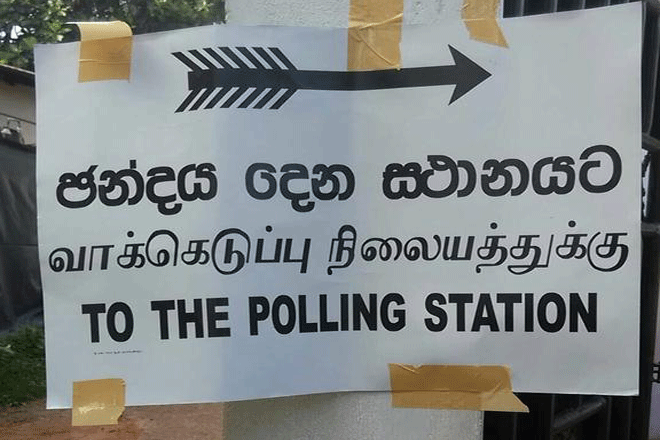By Meenakshi Ganguly:
A repressive new internet law that Sri Lankan President Ranil Wickremesinghe is trying to rush through parliament this week would create broad and vague new speech-related offenses punishable by lengthy prison terms. The law would seriously threaten the right to freedom of expression as Sri Lanka prepares for parliamentary and presidential elections later this year.
The proposed law, the Online Safety Bill, purportedly provides protections against online harassment, abuse, and fraud. Instead, it is mostly concerned with creating a new “Online Safety Commission,” appointed by the president, that can decide what online speech is “false” or “harmful,” remove content, restrict and prohibit internet access, and prosecute individuals and organizations.
Commission-appointed “experts” would be empowered to enter and search suspects’ premises. Offenses under the law carry hefty fines and prison sentences up to five years. The United Nations human rights office said the law “could potentially criminalize nearly all forms of legitimate expression, creating an environment that has a chilling effect on freedom of expression.”
The Asia Internet Coalition, an industry body including tech giants such as Google, Apple, and Meta, has called the bill a “draconian system to stifle dissent” and warned it “could undermine the potential growth of Sri Lanka’s digital economy.”
Sri Lanka is still reeling from an economic crisis partly caused by misgovernment and failures of accountability. In 2022, months-long protests demanding reform toppled the prime minister and president. Since coming to power that year, President Wickremesinghe has moved to stifle dissent.
Other repressive legislation before parliament includes a new broadcasting law, which the UN experts say could be used to “suppress dissenting voices,” and a counterterrorism law that “grants wide powers to the police – and to the military – to stop, question and search, and to arrest and detain people, with inadequate judicial oversight.”
According to the International Monetary Fund, which is supporting Sri Lanka’s economy, restrictions on civil society, including the “broad application of counter-terrorism rules,” already limit “oversight and monitoring of government actions,” contributing to “severe governance weaknesses and corruption vulnerabilities.”
Sri Lanka’s repressive laws have facilitated widespread human rights violations for decades and contributed to economic and political crises. Passing the Online Safety Bill would be a disastrous setback.

Meenakshi Ganguly is deputy director of Human Rights Watch’s Asia Division, overseeing the work in a number of countries in the region. She joined Human Rights Watch in 2004, and was formerly South Asia director. Prior to joining Human Rights Watch, Ganguly served as a correspondent for Time Magazine, and before that, worked with the Press Trust of India.






Leave a comment